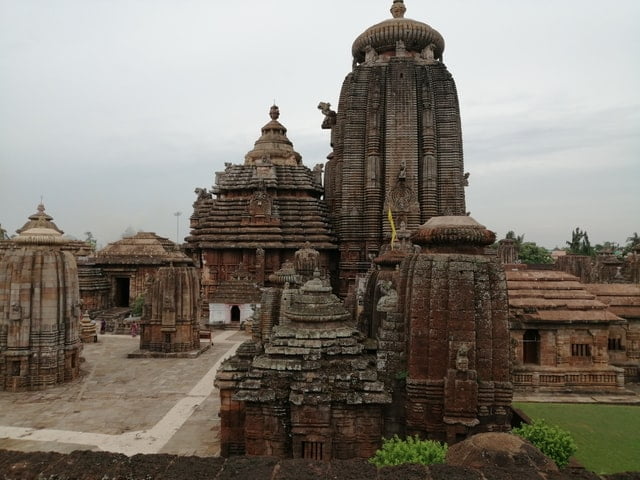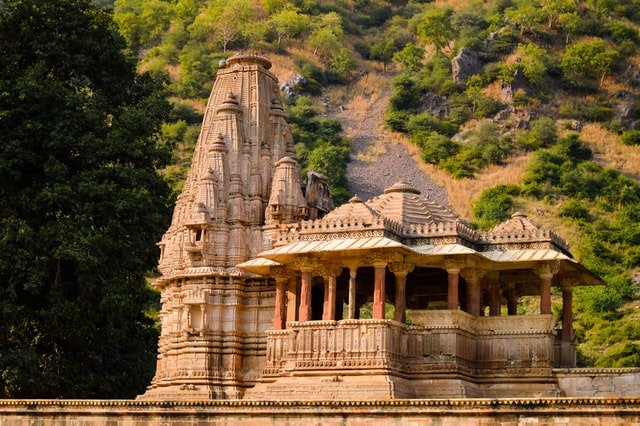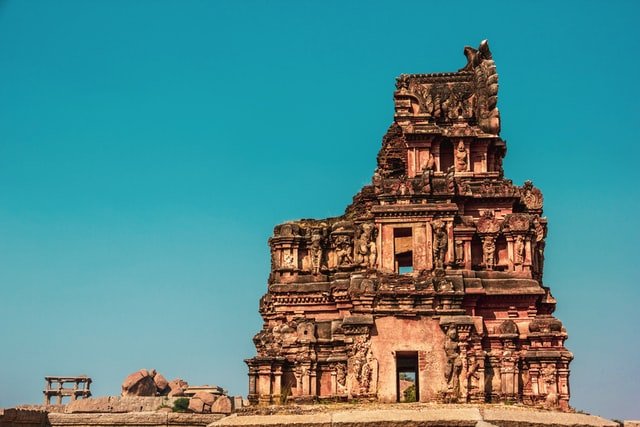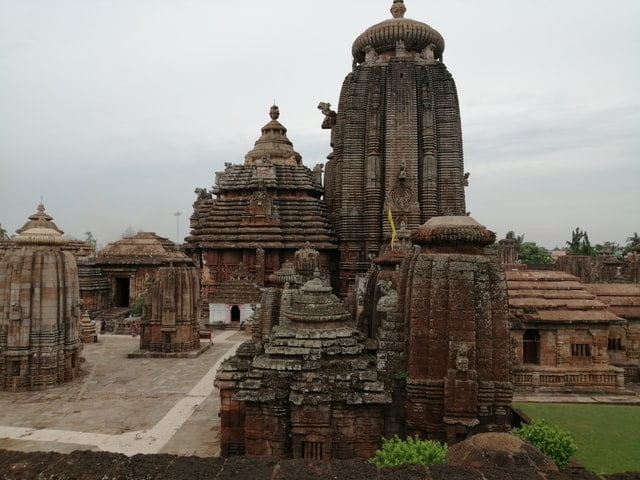The main idea behind creating Taboo Talks a public website is to let people feel free to share their experiences, ideas, views or content on topics they consider taboo.
What is a Hindu temple? Hindu Temples according to today are a mere place to worship. However, this knowledge is incomplete. Hindu temples are not mere places for worship, but these temples are sources of knowledge and spirituality. Now many will question what knowledge and spirituality? Let us try answering this question with some points.

Knowledge in Hindu temples
Hindu temples are full of secrets and Scientific breakthroughs. What scientific breakthrough? We all should accept this fact that whatever we are discovering was discovered by our Ancient India and all the base was yoga. Ancient Indian Sadhu’s knew that we all are equal beings and we breathe, Drink, Eat and get decomposed in the same soil.
So, to find the answers to the cosmos they all started working upon their inner-selves. Our culture has given this world three important Vedas, which include all the answers of the universe. Even modern-day scientific breakthroughs were given by these Vedas Puranas etc.
We Indians knew about many scientific discoveries, when Greece was struggling between flat earth theories we use to all earth “Bhugol” Bhu- means Earth and Gol- means Round. We knew that the earth revolves around the sun. Mahabharat talks about devastating weapons, that many nowadays indicate toward nuclear weapons.
Hanuman Chalisa had encrypted the distance between Earth and the sun. The Mystery number 108 (Try learning about this it’s mind-boggling), Beautiful architecture marvels, acoustic sound Levitation, and many more. If I start this topic of ancient India, I will never be able to complete this.
Not because I have limited time but because I have negligible knowledge and I believe no one knows this all thanks to our so-called saviors Mughals and British destroyed our culture and All this knowledge is deeply buried in our temples.
British rulers and Hindu temples
Until the British came to India, temples were managed by local communities. They were centers of dance and art, and at the heart of a massive decentralized trade network.
Every temple had charitable endowments, including property given to temples, for the benefit of the community. The benefits included rest-houses, Pathshalas, gaushalas, and institutions for advancing education and feeding the poor.
For the British agenda of colonization and conversions to succeed, the temple organization had to be weakened. So, temples were brought under government control mainly in South India because not too many temples in the north possessed such massive property or wealth. The British introduced The Madras Regulation VII of 1817 to do this.
The East India Company was not interested in the knowledge, to be honest, they were stupid enough not even able to understand the main purpose of these temples they only came and took over the temples for their wealth.
Thus, temple management was slowly, handed over to trustees and in the case of prominent temples to Mutts by 1845. The Board of Revenue supervised the administration of large temples.
Next came The Religious Endowments Act 1863, which handed over the temple administration to the trustees from the British government.
The main purpose of temples was lost under freedom struggles.

How do the state governments manage Hindu temples today?
All collections are deposited in the designated temple bank account. Of this, 14 percent goes as administration fees, 4 percent as audit fees, 25–40 percent as salaries, and 1–2 percent for prayers and other festival expenses. Between 4 and 10 percent of the total collections go to the “Commissioner Common Good Fund” (Section 97).
Further, money is transferred to various popular schemes run by the government, such as free meals and marriages. This way, 65%-70% of the temple income is used for non-temple or merely administrative purposes. So, almost no amount is left for managing the temples, this is causing immense destruction of ancient Hindu temples. We are losing our heritage our culture, which is full of energy and knowledge full of spirituality.

“Collections are unspent promoting Sanatana Dharma, or for the benefit of poor Hindus, or on opening hospitals and orphanages. Instead, the money is spent on what is mysteriously called development and construction. Even after Independence, the British policy continues. Are Hindus so incompetent and corrupt that they cannot manage their temples?
Conclusion
Hindu temples should be freed from the government these temples are heritage and the elixir of knowledge and power. These temples are really in bad shape-broken statues broken by the invaders, No wealth, and no management by the government. These temples are now mere ancient heritage for tourism.
You know the sad part is not the Exploitation of these temples by the Indian government but the ignorance by us. I feel heartbroken when people say “Temples are a waste of time,” “Why we should worship a mere statue,” “Why we should contribute to this Brahmanical money-making temple,” “Temples are the source of discrimination against Dalits and women” and many more.
These allegations have been feed into our minds by the invaders by the Colonial government and by our dirty outdated and discriminating education system where invaders are true heroes and the British saved us gave us Education and Civilization. We all should have actual knowledge about our Ancient culture and should remember and feel proud to be Hindu and Proud to be an Indian.






